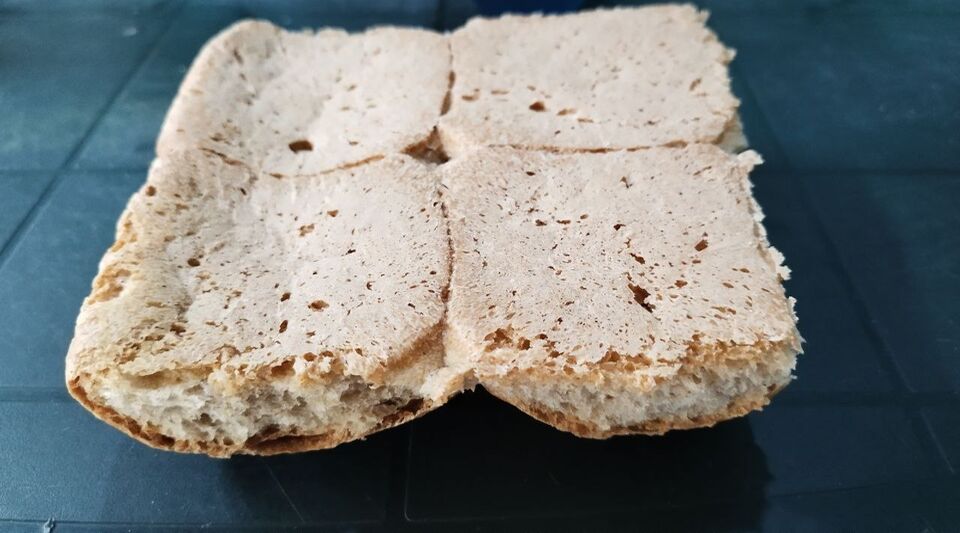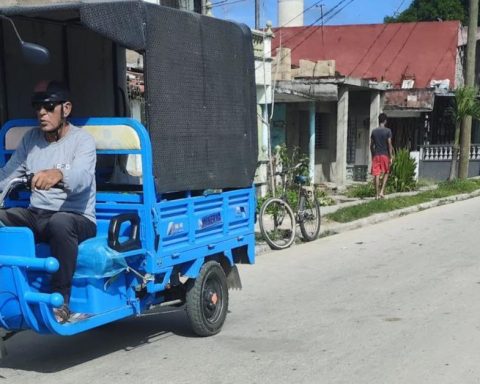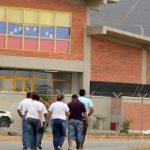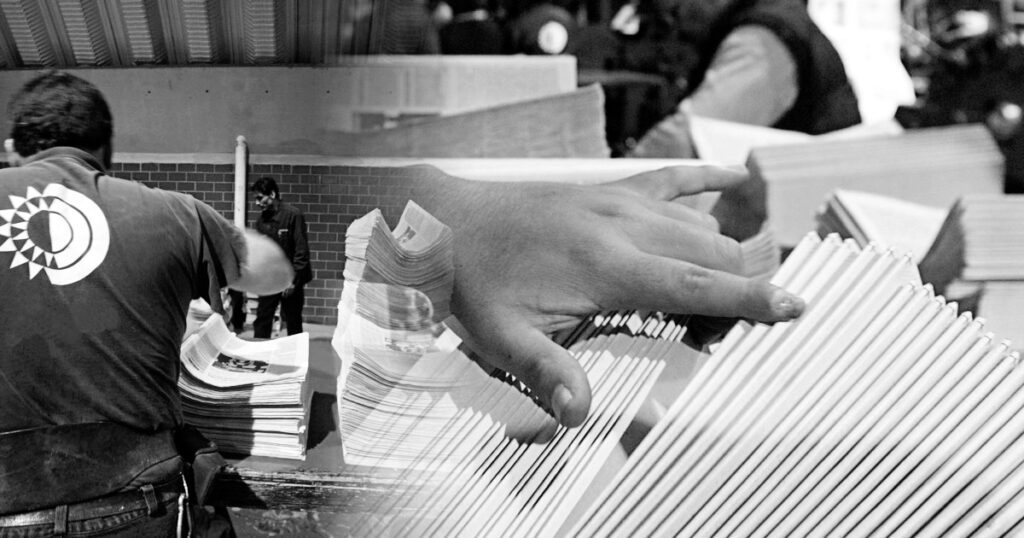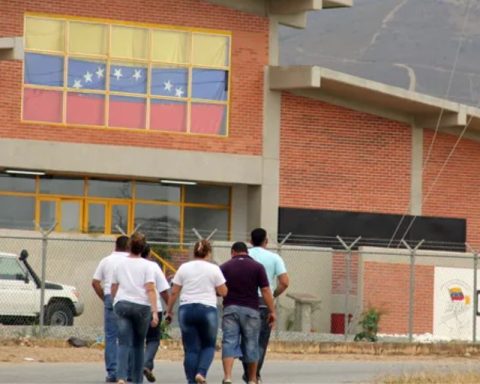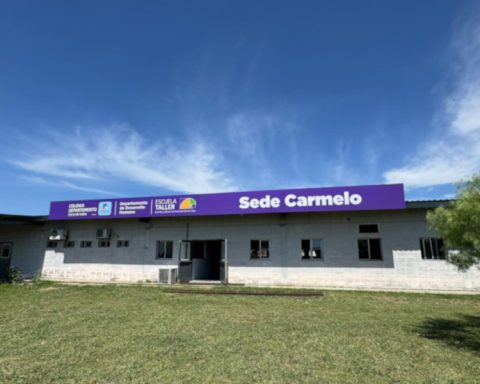The bakers of Sancti Spíritus are preparing for blackouts, and although they believe that wood-fired ovens would solve their problems, they do not consider it realistic and are inclined towards solar panels. This is how it emerges from a official newspaper report Escambray dedicated to the poor quality of bread, a recurring issue in the province and that manufacturers attribute on this occasion to months with prolonged power cuts that prevented proper preparation.
However, after analyzing the critical situation that they consider to be over, the next energy crisis is envisioned in the final paragraph. “There is the possibility of weather events occurring that cause a situation of total or partial affectation of electrical energy in our province,” says Manuel Hung Varela, productive technical deputy director of the Provincial Food Company.
The official believes that renewable energy could help maintain the proper functioning of bakeries through solar panels. “This must be the projection, since going back to wood-fired ovens in bakeries is not the solution to the voluminous production of bread that our company assumes today,” he concludes.
“Going back to wood-fired ovens in bakeries is not the solution to the voluminous production of bread that our company is assuming today”
Due to its geographical location, Sancti Spíritus is not a province particularly exposed to hurricanes and other phenomena of this nature that allow us to think of an electrical catastrophe in the territory, so that after these words prevention is intuited in the face of an energy crisis that seems to be It does not finish.
Hung Varela indicates that electricity is necessary not only for baking, but also for kneading, since bread is made in companies like his normed and the volume does not allow manual kneading. “The production of bread involves three fundamental operations: the preparation of the dough, the time on the stove and finally the baking. As for baking, a wood-fired oven can solve the problem, for which electricity would not be needed. However, the two initial operations are complicated, because you have to make the dough by hand, and that is possible when it comes to small levels of bread, not when there are large volumes of the product.In the case of the stove, it is also a difficult operation to carry out without electricity”, he details.
Bread manufacturers consider the worst of the 2022 electrical crisis to be over, when the province experienced scheduled blackouts of four to six hours that, in practice, have exceeded 10, with 14 as a record. The queues full of locals upset by the lack of bread multiplied in those months in which managing to carry out production became impossible
“Making bread is not like frying an egg, it takes time, because it is a technological-productive process,” summarizes Danay Arruez, an expert in making bread, for the official newspaper.
Yuslén Oliva Gómez, deputy director of production of one of the food companies in the province, does not shy away from the question of quality in relation to the raw material. As he explains, in Cuba optimal flour is not produced to make a good product.
“With flours with a gluten of 20% or 18%, like the ones we receive here most of the time when they are national flours, good quality bread is not achieved”
“To make a good bread you must have a strong or medium-strength flour with a gluten greater than 25%. But with flours with a gluten of 20% or 18%, like the ones we receive here most of the time when they are national flours, a good quality bread is not achieved. Yeasts are live microorganisms, which sometimes also come with poor quality and the bread does not explode, does not grow, does not make volume and is flattened, with a bad appearance, “he explains.
The official rejects that the use of cassava or rice flour results in bad bread and indicates that the norm has regulated the appropriate percentages that can be added as “extenders” and that with them bread has been made with very good acceptance. The same applies to him when talking about oil, which does not have an excessive impact on the flavor, and insists that the root of the problems is the poor quality of the yeast and wheat flour. To them he even adds the state of the ovens.
“Most of the ovens in our bakeries are electric; ovens that, with 12 resistors, are working with six or eight, and bread that could be cooked in 12 minutes must be cooked in 32,” he laments. To this we must add that, since the distribution of heat is uneven, the result may be that the piece has raw parts and others that are excessively cooked.
The ovens, which have been overused for about 20 years, were designed to bake 12,500 bread balls, but currently they have more than double that number and there are no spare parts.
Despite everything, the specialist defends himself by claiming that in other provinces bread has been lacking for up to four days in a row while in Sancti Spíritus there have been at most two. In addition, he adds, the quality has improved recently, although sometimes the weight is less, something that contravenes the regulations. “Although the weight of the bread is included in the final quality of the product, the bread can be very bad because the flour is useless, but the 80 grams of bread have to be there.” Big horse, walk or not walk.
________________________
Collaborate with our work:
The team of 14ymedio He is committed to doing serious journalism that reflects the reality of deep Cuba. Thank you for accompanying us on this long road. We invite you to continue supporting us, but this time becoming a member of our newspaper. Together we can continue transforming journalism in Cuba.
